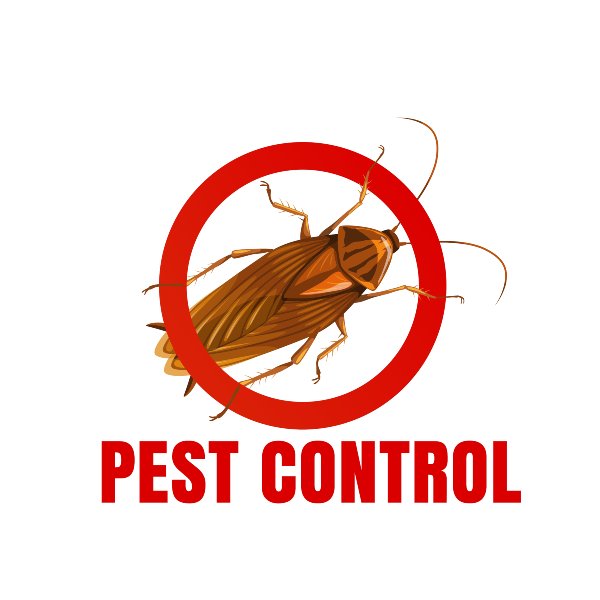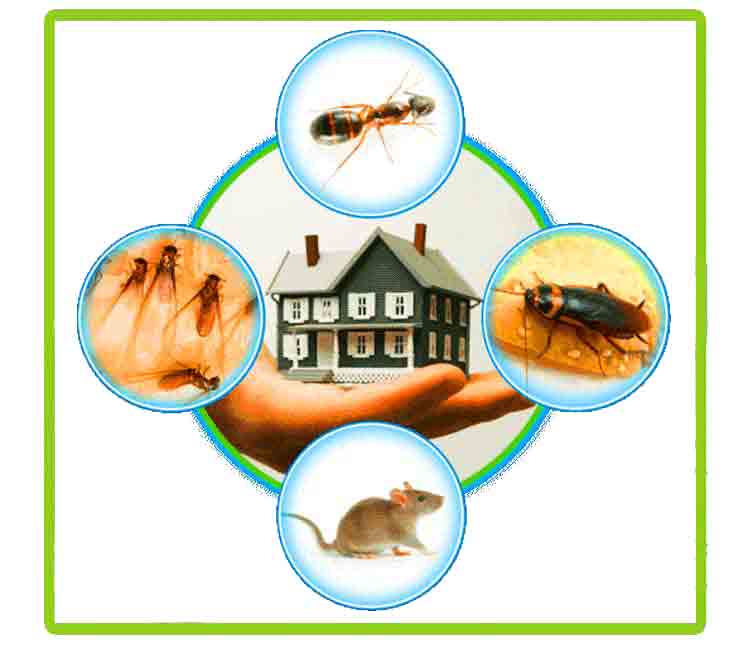Experienced Coquitlam Exterminator for Comprehensive Pest Removal
Experienced Coquitlam Exterminator for Comprehensive Pest Removal
Blog Article
Safe and Reliable Bug Control for Lasting Protection
Effective parasite monitoring calls for a diverse technique that balances ecological stability with the need for efficient bug reductions. The nuances of these techniques might not be right away clear, triggering a more detailed exam of the techniques that can lead to lasting insect control outcomes.
Recognizing Bug Control Methods
Insect control incorporates a selection of methods focused on managing and eliminating undesirable pests and rats that can endanger both health and residential property. Understanding these approaches is critical for effective pest administration.
The main classifications of bug control techniques consist of mechanical, biological, and chemical methods. Mechanical techniques involve physical barriers and traps to stop insect entrance and capture unwanted types. As an example, making use of screens on home windows or employing sticky catches can significantly lower bug populations without presenting dangerous compounds.

Chemical insect control is typically one of the most acknowledged technique, using chemicals to remove bugs. These chemicals can be effective yet have to be used with caution to avoid unfavorable impacts on non-target varieties and the environment.
Benefits of Eco-Friendly Solutions
How can green services change pest control methods? The fostering of environment-friendly insect control techniques offers various benefits, substantially boosting the efficiency and safety of bug administration.

One more benefit is the positive effect on neighborhood biodiversity. Green options are made to target particular insects while protecting valuable insects and wild animals, advertising a well balanced environment. This method straightens with the expanding customer need for sustainable methods, improving the reputation of insect control carriers.
Integrated Bug Administration Methods
The execution of green remedies naturally results in the adoption of Integrated Insect Monitoring (IPM) strategies, which additionally improve insect control effectiveness. IPM is an alternative strategy that incorporates multiple strategies to take care of insect populations while lessening ecological impact. This technique emphasizes the use of biological, social, mechanical, and chemical controls, making certain a well balanced and sustainable method of insect monitoring.
One essential facet of IPM is the extensive analysis of insect task and environmental problems. By checking pest populations and recognizing their life cycles, practitioners can implement targeted treatments that interfere with the parasite's habitat or lifecycle, decreasing dependence on chemical pesticides. Furthermore, cultural practices such as crop turning and habitat adjustment can considerably diminish parasite establishment and recreation.
Another vital part is using organic control representatives, such as beneficial pests or microbes, which can naturally reduce insect populations. When chemical applications are needed, IPM focuses on making use of low-risk chemicals and uses them uniquely, lessening exposure to non-target microorganisms and people.
Including IPM methods not just enhances insect control effectiveness yet also advertises a more secure community, aligning with the expanding demand for lasting methods in pest management.
Safe Practices for House Owners
Understanding the relevance of safe practices in bug control can encourage home owners to efficiently handle bug concerns while guarding their health and the environment. Executing non-toxic approaches and preventative actions is crucial in lessening direct exposure to hazardous chemicals.
House owners must initially evaluate their setting for problems that draw in pests, such as standing food, water, and clutter waste. Routinely cleaning and securing entrance factors can hinder pests from getting into the home. Making use of all-natural deterrents, such as important oils or diatomaceous planet, can provide efficient alternatives to chemical pesticides.
When chemical treatments are needed, house owners must go with items that are particularly identified as safe for residential usage. It is necessary to adhere to application standards diligently to avoid too much exposure. Moreover, using targeted treatments in locations where parasites are identified, instead than covering splashing, can dramatically minimize chemical use.
Lastly, preserving open interaction with parasite control specialists is vital. Property owners should ask about the safety of products used and request green alternatives whenever possible. By taking on these safe practices, home owners can develop a healthier living environment while successfully managing pest issues.

Tips for Long-Term Defense
Establishing an insect management strategy that highlights long-lasting defense can substantially boost these details the efficiency of the secure methods formerly gone over. To attain this, home owners should apply routine evaluations of their property, concentrating on concealed locations such as attic rooms, basements, and crawl spaces. Early detection of insect activity is crucial in avoiding infestations from holding.
In addition, preserving a tidy atmosphere is vital. This consists of proper food storage, quickly cleansing spills, and routinely throwing away waste. These practices minimize attractants that draw pests into the home. In addition, securing entrance factors, such as splits around home windows and doors, can effectively obstruct potential insect access.
Landscaping needs to also be considered; maintaining plants cut and keeping a range in between plants and the home lessens concealing places for pests. Utilizing all-natural deterrents, such as essential oils or diatomaceous earth, can additionally dissuade problems without considering extreme chemicals.
Lastly, collaborating with a professional parasite control solution for periodic evaluations can provide an additional layer of safety and security. browse around here These experts can supply customized recommendations and advanced treatments, making sure that your home continues to be shielded versus insects in the long-term.
Conclusion
Finally, secure and dependable parasite control needs a multifaceted approach that highlights environment-friendly approaches and integrated pest administration. By carrying out natural deterrents, conducting regular examinations, and preserving appropriate cleanliness, homeowner can dramatically decrease parasite populaces while shielding useful insects and the environment. dig this Cooperation with specialist insect control services improves the performance of these approaches, guaranteeing customized options that offer enduring security and assurance against future infestations.
Efficient parasite administration calls for a multifaceted technique that balances eco-friendly stability with the requirement for effective bug reductions. The adoption of environmentally friendly bug control approaches uses numerous advantages, significantly enhancing the effectiveness and safety and security of bug monitoring.The implementation of environmentally friendly services naturally leads to the adoption of Integrated Insect Administration (IPM) strategies, which better enhance insect control efficacy. exterminator coquitlam. By keeping an eye on pest populations and determining their life cycles, specialists can implement targeted treatments that interrupt the insect's environment or lifecycle, decreasing reliance on chemical pesticides.In verdict, reputable and safe insect control requires a diverse strategy that emphasizes environmentally friendly approaches and integrated insect administration
Report this page